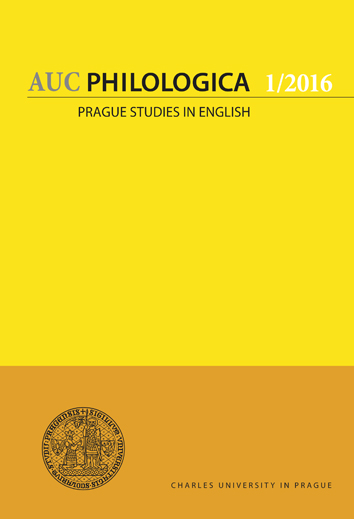Byron and Karel Hynek Mácha: Uses of Ossian and Subversions of Ossianism
Byron and Karel Hynek Mácha: Uses of Ossian and Subversions of Ossianism
Author(s): Martin ProcházkaSubject(s): Language and Literature Studies
Published by: Univerzita Karlova v Praze, Nakladatelství Karolinum
Keywords: Lord Byron; Karel Hynek Mácha; James Macpherson; Ossian; Ossianism; Romanticism; genre; style; nationalism; ideology; cycles of history
Summary/Abstract: The article contrasts Byron’s use of Ossianic themes and style with Romantic Ossianism in the work of the leading Czech Romantic Karel Hynek Mácha (1810–1836). Although Byron’s uses of Ossianic material seem restricted to his “juvenile” poetry (Hours of Idleness), it has been argued that features of Ossian poems are employed in Byron’s later work. The analysis of Byron’s uses of Ossianic material will show their affinity with Romantic Ossianism, especially in proto-existentialist terms, but also in view of hybridization of genres and styles (amalgamating a minuscule story of Ryno and Orla in the fifth book of Fingal with the Classical story of Nisus and Euryalus in the Aeneid). In the work of Karel Hynek Mácha, often described as the most important Czech follower of Byron, these features are strengthened in contact with a popular form of German Ossianism (Ernst Christoph von Houwald’s tale Madness and Death) and also in resistance to dogmatic aspects of Czech nationalist ideology. In Mácha’s poetry and prose fragments the juvenile features of his Ossianism (analogous to those of Byron) are overcome. Ossianic symbols (the stringless harp, the blind harpist) are used both “against the grain,” to deconstruct the nationalist ideology of the Czech “revival” or “resurrection,” and creatively – in Mácha’s figurative language articulating the tragic temporality of individual and collective existence.
Journal: Acta Universitatis Carolinae Philologica
- Issue Year: 2016
- Issue No: 1
- Page Range: 23-30
- Page Count: 8
- Language: English

